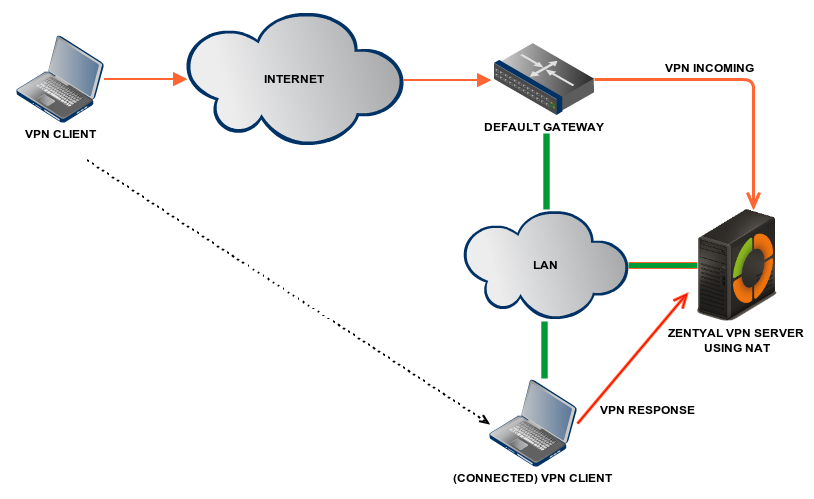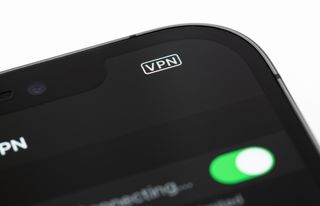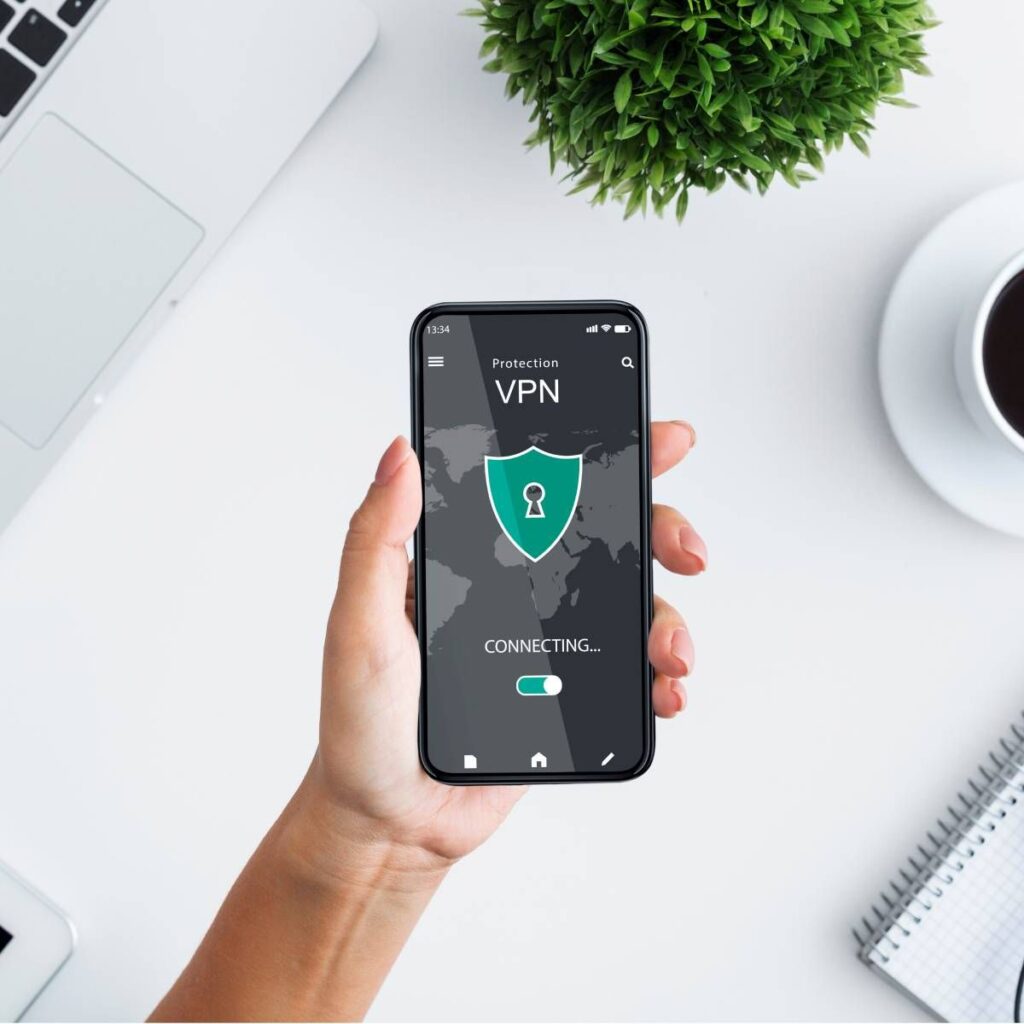What is the Difference between Vpn Server And Vpn Client? A VPN server hosts the VPN service, while a VPN client connects to the VPN server. The server provides secure access; the client ensures privacy.
A VPN, or Virtual Private Network, is crucial for secure online communication. The VPN server acts as a gateway, managing and encrypting data traffic. The VPN client is the software or device that connects to this server.
By doing so, the client benefits from the server’s encryption and security features. This setup ensures data travels securely between the client and the Internet, protecting sensitive information. Understanding the distinct roles of VPN servers and clients helps effectively set up and use VPNs for personal and professional purposes.
Vpn Basics
Understanding the basics of VPNs is crucial. VPN stands for Virtual Private Network. It ensures online privacy and security. Let’s dive into a VPN and why you might use one.
What Is A Vpn?
A VPN creates a secure connection. This connection is between your device and the internet. It hides your IP address. It encrypts your internet traffic. This makes your online actions private. Here are the main features of a VPN:
- Encrypts data
- Hides IP address
- Bypasses geo-blocks
- Provides secure connections
Why Use A Vpn?
There are many reasons to use a VPN. Let’s explore some of them.
- Privacy: VPNs keep your online activities private.
- Security: They protect your data from hackers.
- Access: VPNs let you access restricted content.
- Safety: They secure your connection on public Wi-Fi.
| Feature | VPN Benefit |
|---|---|
| Data Encryption | Protects sensitive information |
| IP Masking | Ensures online anonymity |
| Geo-Restriction Bypass | Access content from different regions |
| Secure Public Wi-Fi | Safe browsing on public networks |
Vpn Server
A VPN Server is a critical Virtual Private Network (VPN) component. It serves as the gateway that manages and routes all your internet traffic. Understanding its role and use cases can help you make the most out of your VPN setup.
Role Of A Vpn Server
The VPN Server stands at the core of your VPN network. It performs several essential functions:
- Encrypts your internet traffic.
- Routes your data through secure tunnels.
- Masks your real IP address.
- Ensures your online privacy.
By encrypting data, it keeps your information safe from hackers. Routing data through secure tunnels ensures no one can intercept it. Masking your IP address hides your location and identity. These functions make a VPN Server indispensable for online security.
Common Use Cases
VPN Servers are versatile tools used in various scenarios:
- Corporate Networks: Employees access company resources securely from remote locations.
- Streaming Services: Users bypass geo-restrictions to access global content.
- Public Wi-Fi Security: Protects data when using unsecured public networks.
- Privacy Protection: Ensures anonymity by hiding your IP address.
In corporate networks, VPN Servers allow remote workers to access internal systems safely. They also let users enjoy content from different regions when streaming. When on public Wi-Fi, they safeguard data from prying eyes and offer robust privacy protection by masking your online identity.
Vpn Client
A VPN Client is software or hardware that connects to a VPN server. It encrypts your data and routes it through a secure tunnel, ensuring your online activities remain private and secure.
Role Of A Vpn Client
The VPN Client establishes a secure connection to the VPN server. It encrypts all data before sending it over the Internet, protecting your information from hackers and surveillance.
The client also masks your IP address. This makes it look like you are browsing from a different location. This can help you access geo-restricted content.
Typical Applications
- Remote Work: Employees access company resources securely.
- Streaming: Users bypass geo-restrictions to watch content.
- Online Privacy: Individuals protect their browsing activities.
- Secure Browsing: Users browse safely on public Wi-Fi.
| Aspect | VPN Client | VPN Server |
|---|---|---|
| Role | Establishes secure connection | Provides secure connection |
| Data Handling | Encrypts user data | Decrypts and forwards data |
| Location | Client-side | Server-side |
Key Differences
Understanding the differences between a VPN server and a VPN client is crucial. Each plays a unique role in securing your internet connection. Let’s dive into their key differences.
Server Vs Client Functions
A VPN server is the backbone of a VPN network. It handles incoming connections from clients and routes data securely. A VPN client is software on your device that connects to the VPN server and encrypts your internet traffic.
Think of the VPN server as a gatekeeper. It manages all data traffic securely. The VPN client acts as the key, ensuring that only authorized users access the network.
Performance And Security
Performance varies between VPN servers and clients. A VPN server requires robust hardware. It must handle multiple connections. High performance is a must to avoid slowdowns. A VPN client, on the other hand, relies on your device’s capabilities. It usually has minimal impact on performance.
| Aspect | VPN Server | VPN Client |
|---|---|---|
| Role | Manages connections | Connects to server |
| Hardware Requirements | High | Low |
| Impact on Device | None | Minimal |
Security is another key difference. A VPN server must have strong encryption protocols. This ensures data safety. The VPN client also plays a role. It must establish a secure connection. Both work together to protect your data.
In essence, the VPN server and client have distinct roles. The server manages and secures the network. The client connects and encrypts your data. Understanding these roles helps you make better choices. Choose wisely for optimal security and performance.

Credit: doc.zentyal.org
Frequently Asked Questions
What Is A Vpn Client Used For?
Is A Vpn The Same As A Server?
What Is The Connection Between A Vpn Client And A Vpn Server Called?
What Is My Vpn Client?
Conclusion
Understanding the difference between a VPN server and a VPN client is crucial. A VPN server hosts and manages the network. A VPN client connects to the server, ensuring secure data transmission. Knowing their roles helps you make informed decisions on network security.
Choose the right tools to protect your online privacy.


